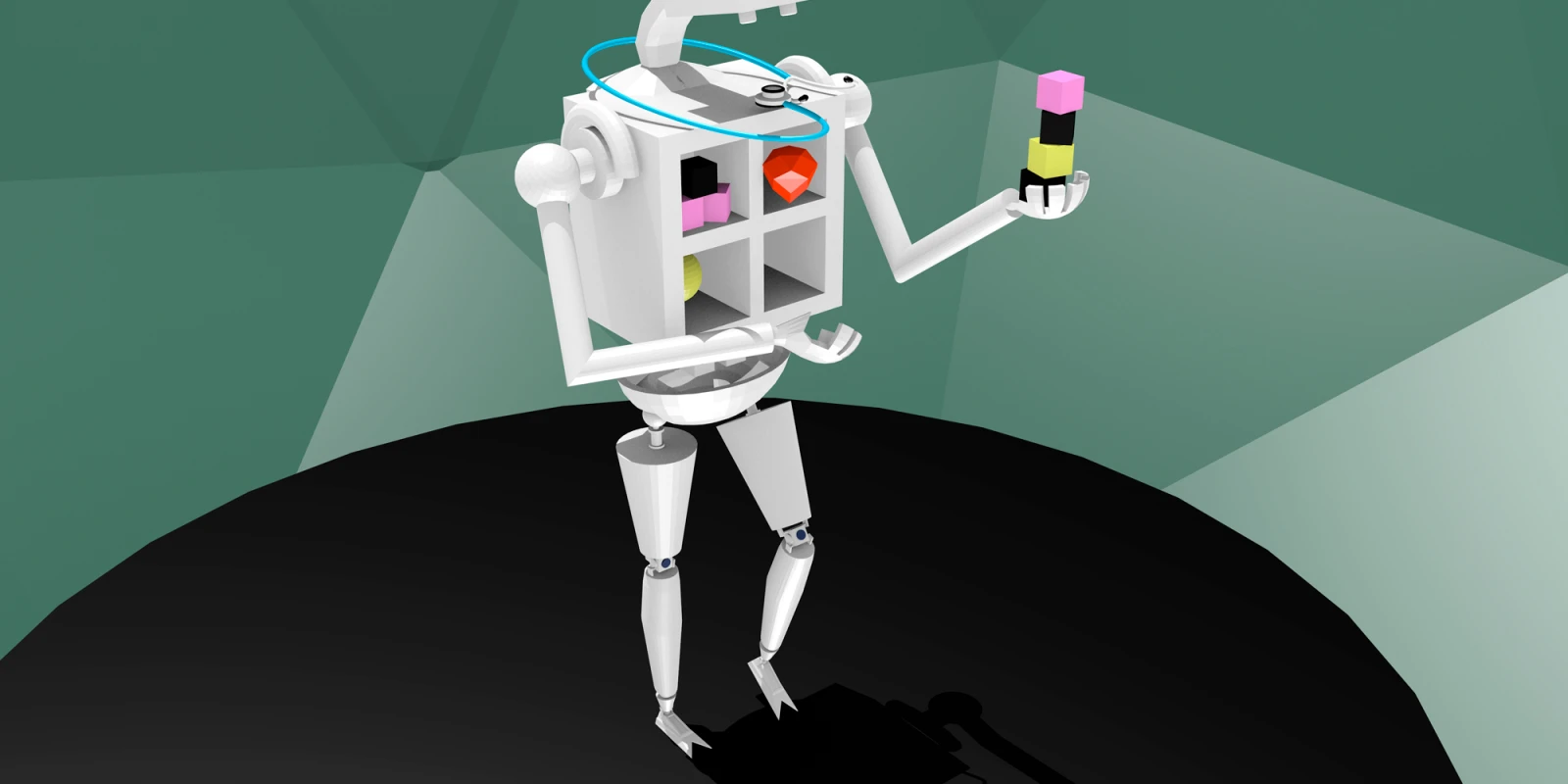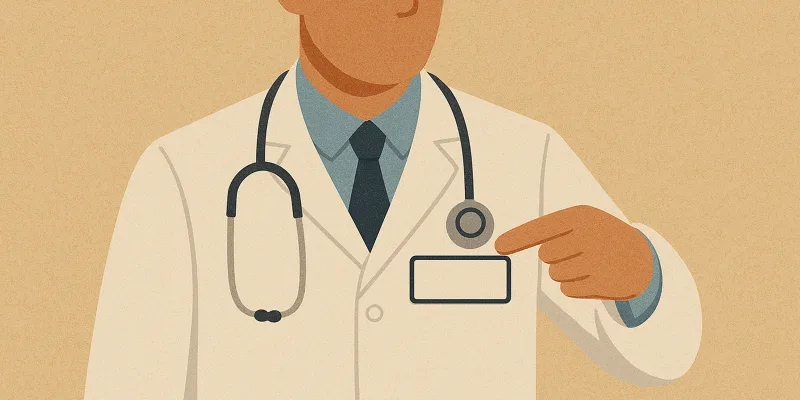 Medicine is currently struggling with the problem of physician burnout and the specter of diminishing wellness. Despite concerted efforts, burnout continues to expand (1). In light of this, being vigilant for limitations in the current framing of the issue is prudent.
Medicine is currently struggling with the problem of physician burnout and the specter of diminishing wellness. Despite concerted efforts, burnout continues to expand (1). In light of this, being vigilant for limitations in the current framing of the issue is prudent.
Words express our conceptualizations of our world and frame ideas. Such framing is meant to be revealing. However, frames and the words that construct them may also be constraining. One approach to exploring physician burnout is to evaluate its current framing through a consideration of its prevailing lexicon. Doing so may expand the frame of the discussion and lead to better solutions (2). The acronym PIE that appears in the definitions below stands for Proto-Indian-European, the most common type of language family in the world.
Burnout - fatigue, frustration, or apathy resulting from prolonged stress or intense activity
Origin: “burn” PIE *gwher- “to heat, warm” + “out” from PIE *ud- “up, up away.”
Burnout is then to have something fiery and hot go away. Consider the metaphor. Something fiery and hot in the medical psyche has gone away. What in the human psyche is fiery and hot? What put it out? Where has it gone away to?
Wellness - the quality or state of being heathy
Origin: “well” from PIE *wel - “to turn, roll” i.e., roiling or bubbling water. “Health” from PIE *kailo- “whole.”
Wellness is then to have a bubbling up of wholeness. Regarding etiology, given that physician burnout is an occupational mental illness, how has the medical mind been made unwhole? What part of the human mind is missing from medicine? Where did it go?
Mindfulness - the state or quality of being mindful or aware of something
Origin: “mind” from PIE *men- “think, remember” + “full” from PIE *ple- “to be full”
If we are then to posit mindfulness as a solution to the problem of burnout, what has the medical mind been emptied of? What has been forgotten? To be fulfilled, what awareness are we to fill the medical mind with?
Work/Life Balance - effort directed to produce or accomplish something in equilibrium with the sum of experiences and actions that constitute a person’s existence
Origin: “work” from PIE werg- “to work” + “life” from PIE *lip- “to remain, persevere, live” + “balance” from L. bilanx “scale.”
If to be well in medicine we must balance the scales of our work and life, what then are we saying? That medical work does not constitute life? That we die at work and persevere away from it? Do not the deeds of our professional efforts constitute the actions and experiences of our existence?
Resilience - the power to return to the original form, the ability to recover readily from illness and adversity
Origin: from L. re- “back” + salire “to jump, leap.”
To be resilient then is to leap back to the place one was displaced from through adversity. However, what if the place one came from is unhealthy? What if the adversity derived from that place? Given that medicine is broadly creating illness in its physicians, is not leaping back exactly the wrong thing to do?
Finding Meaning in Medicine - to locate by search the end, purpose, or significance of the art or science of preserving health
Origin: “find” from PIE pent- “to go, pass, bridge” + “meaning” from PIE *meino- “opinion, intent” + “medicine" from PIE *med- “to advice, consider.”
If then to be well in medicine we must find its meaning, where did it go? How was it lost? What bridge must we pass over to find the intent of our work again and be well considered in it?
Finding Joy in Medicine - To locate by search the emotion of great delight or happiness in the art or science of preserving health
Origin: see above, “joy” from PIE *gau- “rejoice.”
If then finding joy in medicine makes us well, where was it lost? If being emotional in medicine is a therapeutic to enable professional rejoice, what about all the other myriad clinical emotions found in medicine like horror, relief, frustration, anger, pride, and shame?
These questions of lexical framing are profound. How is medicine to answer them to find a way forward? Consider a reframing:
What has burnt out in the medical psyche is the fire and heat of human emotion - of human passions. Modern medicine has become hyper-intellectualized through excess objectivity. It cooly evaluates patients under the reductionist paradigm of biological machines. The excess rationality inherent in this hyper-intellectualization has sired industrialized medicine and elaborated numerically efficient medical conveyors designed to mass produce generic health in standardized patients. These health factories treat practitioners as interchangeable cogs in a machine and subject them (and patients) to unhealthy, cold, rigid, mechanical environments.
Hyperintellectualization has made the medical mind unwhole by suppressing clinical emotion below the liminal border between the conscious and unconscious professional mind.
The medical mind has been emptied of its passions. Thus to be fulfilled, medicine must fill the medical mind with an awareness of clinical emotionality.
The work/life balance formulation expresses a cultural assignment of intellect to the public sphere and emotion to the private sphere. This is inhuman. Medicine is inundated with emotion by the nature of its work. The mentally healthy balance that must be struck by medicine is an intellectual/emotional balance professionally struck in the face of the whole of human life.
Resilience can’t take us forward. What’s needed is a prosilience, a leaping forward to a better place (L. pro- “forward”). Medicine can’t go back to the mental desolation wrought by indiscriminate suppression of clinical emotion. It must create a professional discourse in the knowledge and guidance that human emotions provides the professional mind.
The end, purpose, and significance of medicine is found in expressed human compassion. For medicine to be well considered, it must consciously bridge the clinical mind to the passions and compassions that give its work meaning.
Yet there in that new and as yet undiscovered country, clinicians will find not just joy but all the myriad emotions that arise through the work of healing. Medicine must develop a sophisticated professional discourse in clinical emotionality if it is to be well.
Sources:
- Shanafelt, Tait D., Omar Hasan, Lotte N. Dyrbye, Christine Sinsky, Daniel Satele, Jeff Sloan, and Colin P. West. "Changes in Burnout and Satisfaction With Work-Life Balance in Physicians and the General US Working Population Between 2011 and 2014." Mayo Clinic Proceedings 90.12 (2015): 1600-613.
- Definitions and etymology from "Dictionary.com." Dictionary.com. Random House. Web. Retrieved 14 Oct. 2018.
John Clark MD practices family medicine in Salinas, CA and helps teach medical students and residents at Natividad Family Medicine Residency Programs.
Illustration by Jennifer Bogartz







